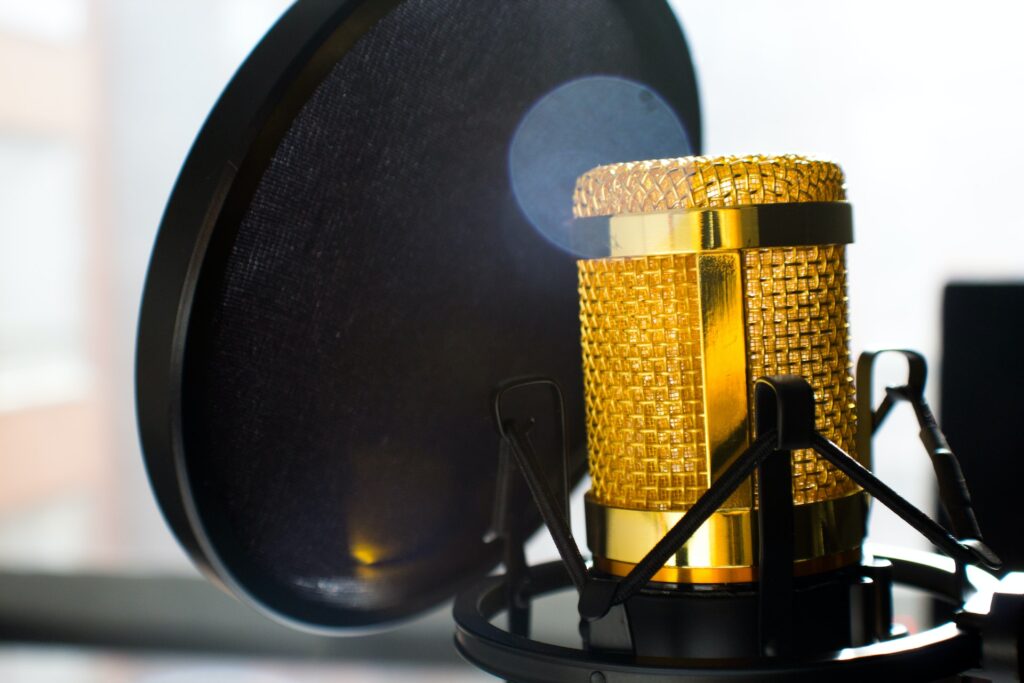Recording music is an essential part of the music-making process. Whether you’re a professional musician or just starting out, recording your music can help you share it with the world and improve your skills.
However, recording music can be a complicated and overwhelming process, especially if you’re new to it. Here we’ll take a look at 5 things you need to know about recording music. It’ll help put you on the right track to capturing your sound.
5 Things You Need To Know About Recording Music
1. Choose The Right Equipment
Choosing the right equipment is essential to recording great music. You need to have the right microphones, preamps, interfaces, software, and more.
You also need to choose equipment that is suited to your particular genre and style of music. Do some research to find the best equipment for your needs, and be prepared to invest in quality gear.
2. Prepare Your Space
When recording music, you need to make sure that you have the right environment for recording. This means choosing a space that has good acoustics, is free of distractions and outside noise, and is comfortable for you to work in.
You’ll also want to make sure you have the right acoustical treatment to minimize echo and other unwanted sounds.
3. Plan Your Recording Sessions
Before you start recording, it’s important to plan your recording sessions carefully. This means deciding on the order in which you’ll record your tracks, the length of your sessions, and the specific sounds you want to capture.
Make sure you have all the necessary gear set up and ready to go before you start recording.
4. Focus on Performance
When you’re recording, it’s important to focus on your performance. This means playing or singing with passion and energy, as if you’re performing in front of an audience. If you’re recording with a band, make sure everyone is in sync and playing together.
Don’t worry too much about getting everything perfect, some of the best recordings are those that capture the energy and emotion of a live performance.
5. Mix and Master Your Recordings
Once you’ve finished recording your tracks, it’s time to mix and master your recordings. Mixing involves blending all the individual tracks together to create a final, cohesive sound. This involves adjusting levels, adding effects, and creating a stereo image.
Mastering involves taking the mixed tracks and processing them to make them sound polished and professional. This includes adjusting the overall volume, adding compression, and making sure the sound is consistent across all devices.
Final Thoughts
Recording music can be a complex process, but it’s essential to creating great music. By choosing the right equipment, preparing your space, planning your sessions, focusing on performance, and mixing and mastering your recordings, you can create music that sounds great and captures the essence of your artistry.
With these tips in mind, you’ll be well on your way to creating high-quality recordings that you’ll be proud to share with the world.

